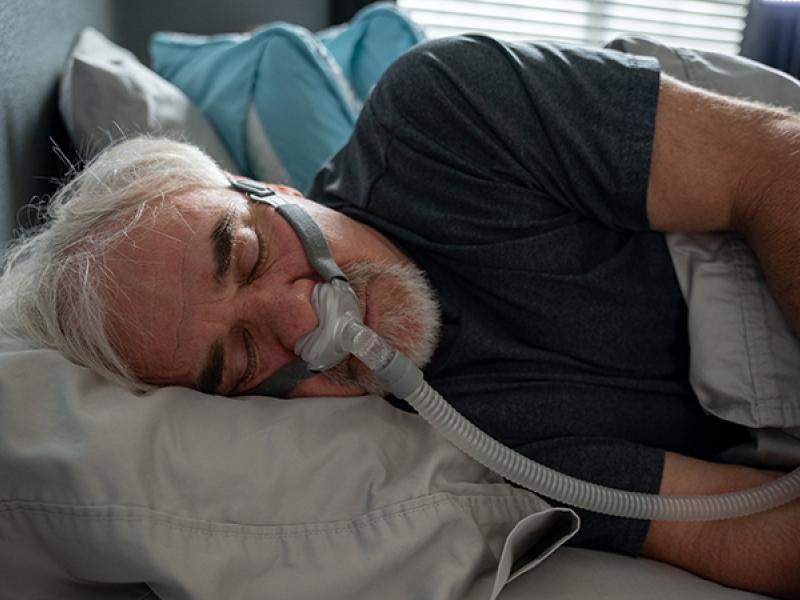
One in three expecting mothers may suffer from sleep apnea during pregnancy. With the help of a group of moms-to-be, University of Missouri School of Medicine researchers will learn what effect those sleep disturbances and other prenatal problems have on the future health of their children.
The long-term goal of the study is to help mothers have safer pregnancies and healthier children by identifying and treating dangerous conditions sooner.

“It’s called developmental origin of disease,” said Rene Cortese, PhD, the MU scientist who is leading the study. “What happens in development affects the life of a human being.”
Cortese specializes in a field called epigenetics, which examines the ways environmental factors can change how genes work. Since 2013, he has collaborated with sleep medicine expert David Gozal, MD, the former chair of MU’s Department of Child Health, and Abdelnaby Khalyfa, PhD, to study the effect of sleep disturbances in pregnant mice on the health of their offspring.
They found that mice that experienced a condition similar to sleep apnea late in pregnancy gave birth to offspring more likely to become obese and suffer from metabolic problems as adults, compared to the mice in a control group. And they showed that these issues can be caused by epigenetic changes passed from mother to child.
“The thing about epigenetics is it’s potentially reversible,” Cortese said. “Our group showed there is a small window of opportunity in the mouse which would be around ages 2 to 6 years for humans, and 30 minutes of physical activity a day at that point protected the young mice from developing the metabolic disorder they inherited from the sleep apnea of the mother.”
Cortese will now see if the same pattern holds true in humans. Since the fall of 2020, some women getting prenatal care at MU Health Care have had the option to participate in a pilot study. If they consent, they don’t have to do anything extra and receive the same care as any other pregnant patient, but they provide valuable information that could help their children and future generations.
When they give their regularly scheduled samples of blood and urine as part of their routine care, a portion of those samples is shared with the researchers. Their answers to questions from their doctor — questions such as whether they’ve had recent sleep issues — are shared with the researchers through the electronic health record. When their children are born, data from the child’s medical exams also will be available to the researchers if the parents give permission.
Data from the study will be useful for studying the entire spectrum of prenatal health beyond just sleep, but Cortese said the sleep apnea research in particular could have three key takeaways for the public.
“The first is to raise awareness to mothers that keeping a healthy weight and lifestyle during pregnancy is of paramount importance to limit the risk of sleep apnea and associated complications,” Cortese said. “The second is that mothers and their treating physicians need to be aware of sleep disturbances and address them. Third, our studies provide evidence supporting the development of interventions at an early age of the children that would protect them from cardiovascular and metabolic disorders later in life.”





